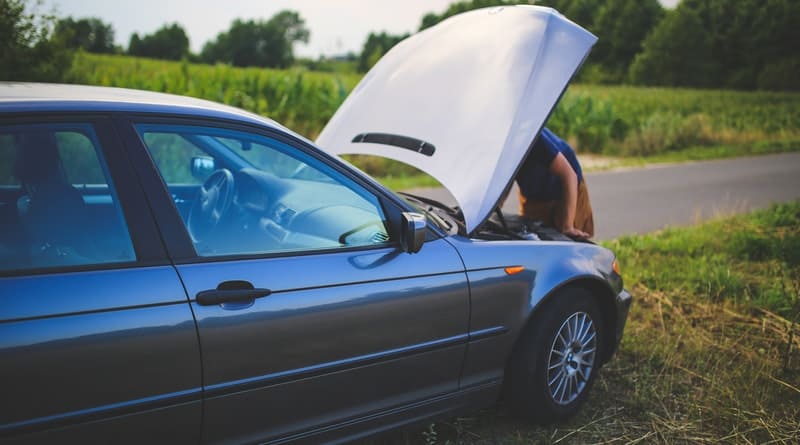What to Do After a Car Accident

Accidents happen, there’s no avoiding it. If you’re involved in an automobile accident, it can be a scary and highly stressful experience, but it’s important to remain calm. With the help of professionals from Coachella Valley Volkswagen, we’ve compiled a list of things you should do, if possible, after an accident. Following these steps will help keep you and everyone else involved safe and can go a long way to save you money and keep you protected legally in the long term.
First thing first, get to a safe area: If your vehicle still drives, and appears to be able to move safely, pull off to the side of the road. If this isn’t possible, put the vehicle in park and put on your hazard lights, so other drivers will be alerted to the fact that your vehicle isn’t going to move. Once you’ve taken care of this, get out of your car and move to a safe place on the side of the road to take a deep breath and assess the situation.
Check on others involved: If there were other vehicles involved, or if you had passengers in your car, make sure they’re okay. If anyone appears to be hurt, you should consider calling 9-1-1 and having an ambulance come. Now is also a good idea to introduce yourself to anyone else involved. Don’t discuss fault, as this can complicate insurance issues later, but make sure that they’re physically okay and that they know that your primary concern is everyone’s wellbeing.
Call the police: Even in a minor accident, the police should be called. Not only will they be able to better assess the situation and know if traffic needs to be diverted, if your vehicle can be safely moved, and if anyone needs medical attention, but a police report can be invaluable in insurance proceedings after an accident.
Gather information: While the police are on their way, try to write down some basic information about the accident. The names of everyone involved; license plate numbers, makes and models of vehicles; location of the accident; and insurance information are all important. You should also get the name of the officer who responds, in case you need to contact the department and get the report.
Snap some pictures: Photos of the scene can be useful when filing insurance claims. If you have a phone with a camera, take some pictures of your vehicle, the other vehicle, and the scene of the accident.
Seek medical attention: Even if you feel okay, you should consider seeking non-emergent medical attention. Something that feels like just a bruise, a stiff neck, or a headache could be something more serious. Better to head to a clinic or schedule a check-in with your primary care physician and make sure that you really are okay. You can also book a private MRI scan without the need for a doctor’s recommendation to get more serious injuries diagnosed immediately.
DO NOT:
- Try to clean up debris on the road
- Leave the scene before police arrive and the accident is addressed
- Leave your car on the road (unless it’s impossible to move)
- Discuss fault with the other drivers’ involved
- Ignore physical discomfort or injury
What's Your Reaction?
Newly middle-aged wife of 1, Mom of 3, Grandma of 2. A professional blogger who has lived in 3 places since losing her home to a house fire in October 2018 with her husband. Becky appreciates being self-employed which has allowed her to work from 'anywhere'. Life is better when you can laugh. As you can tell by her Facebook page where she keeps the humor memes going daily. Becky looks forward to the upcoming new year. It will be fun to see what 2020 holds.



